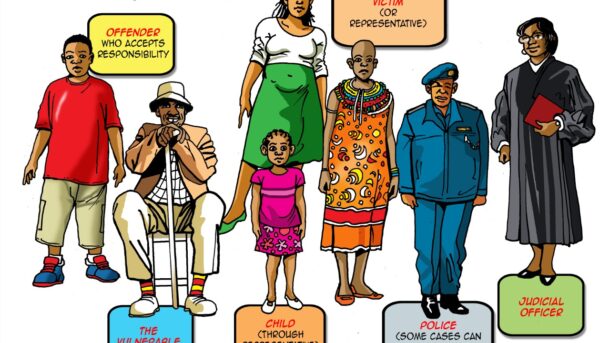In Kenya, the initiation of the diversion process is a collaborative effort, allowing various stakeholders to play an active role in shaping the trajectory of a case.
This article explores the inclusive nature of the diversion request system, highlighting the diverse parties empowered to seek diversion for an offender and emphasizing the commitment to a justice system that addresses the needs of all involved.
Diverse Stakeholders Empowered to Request Diversion
The inclusivity of Kenya’s diversion process is underscored by the range of parties authorized to request diversion for an offender:
- Offender or their Representative
The individual facing allegations, or their legal representative, holds the right to request diversion. This acknowledges the agency and involvement of the accused in the decision-making process.
- Child Offender through their Representative
Recognizing the unique needs of child offenders, their representatives are empowered to request diversion on their behalf. This approach aligns with a child-centric perspective in legal proceedings.
- Children’s Officer
Children’s Officers, entrusted with safeguarding the rights and well-being of children, can actively participate in the diversion request process. Their involvement reflects a commitment to protecting vulnerable members of society.
- Police
Law enforcement agencies, such as the police, have the authority to request diversion. This reflects the recognition that the police play a crucial role not only in law enforcement but also in shaping the trajectory of justice.
- Judicial Officer
Judicial officers, who preside over legal proceedings, are key players in the justice system. Their ability to request diversion adds a layer of judicial discretion to the process, aligning it with the broader goals of justice and fairness.
- Victim or Victim’s Representative
Acknowledging the rights and concerns of victims, they or their representatives can actively engage in the diversion request process. This ensures that the voices of those directly affected by the alleged offenses are heard and considered.
- Fostering Collaborative Justice
The involvement of a diverse array of stakeholders in the diversion request process reflects Kenya’s commitment to collaborative justice. By empowering both the accused and various representatives from the legal, law enforcement, and community spheres, the system aims to be responsive, fair, and considerate of the unique circumstances surrounding each case.
Conclusion
In Kenya, the initiation of the diversion process is not a unilateral decision but a collective endeavor involving multiple stakeholders. By granting the right to request diversion to offenders, their representatives, children’s officers, police, judicial officers, and victims, Kenya exemplifies a commitment to justice that is inclusive, responsive, and considerate of the diverse perspectives within its legal landscape.
This inclusive approach sets the stage for a justice system that recognizes the agency of all parties involved and actively seeks solutions that promote rehabilitation and community well-being.




